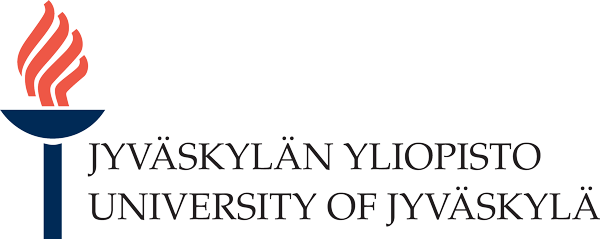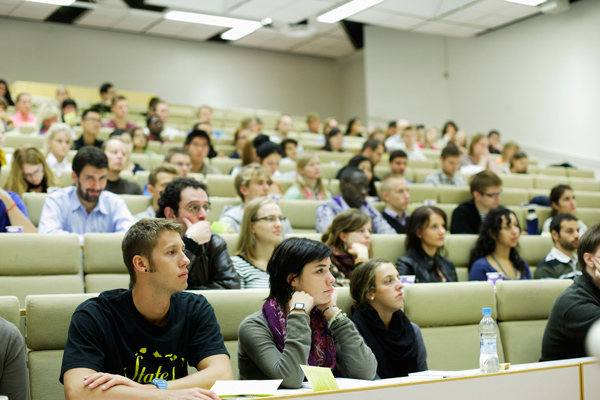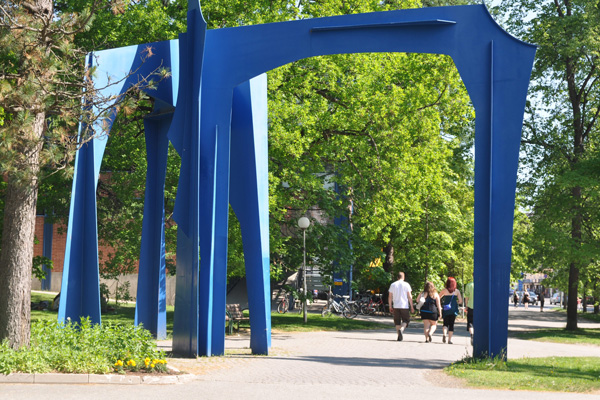
The project Supporting Immigrants in Higher Education in Finland (SIMHE) by the Finnish University Partnership for International Development (UniPID -network) is funded by the Ministry of Education and Culture (MEC). SIMHE acts as a pilot project for facilitating immigrants´ access to higher education. The project co-operates with a simultaneous pilot project of Metropolia University of Applied Sciences. The services are offered both online and via the SIMHE-desk located in Jyväskylä.


SIMHE-desk offers personal guidance and counselling for adult immigrants who are looking for suitable higher education and career paths. We inform them about study opportunities offered by the Finnish HEIs and the ways to continue studies through the HEIs. We also offer practical support with questions regarding the Recognition of Prior Learning (RPL). Services are offered to adult immigrants residing in Finland who are eligible to apply for higher education, or who have prior studies in higher education and are interested in continuing their studies in Finland. In the first phase, services are especially aimed at asylum seekers. The Jyväskylä SIMHE-desk is located at the University of Jyväskylä’s Department of Social Sciences and Philosophy. Online contact is available regardless of location.